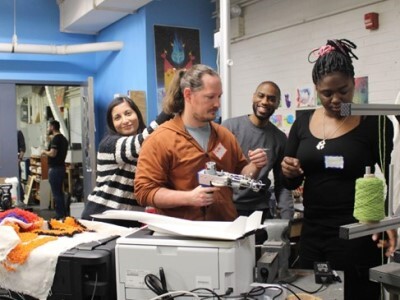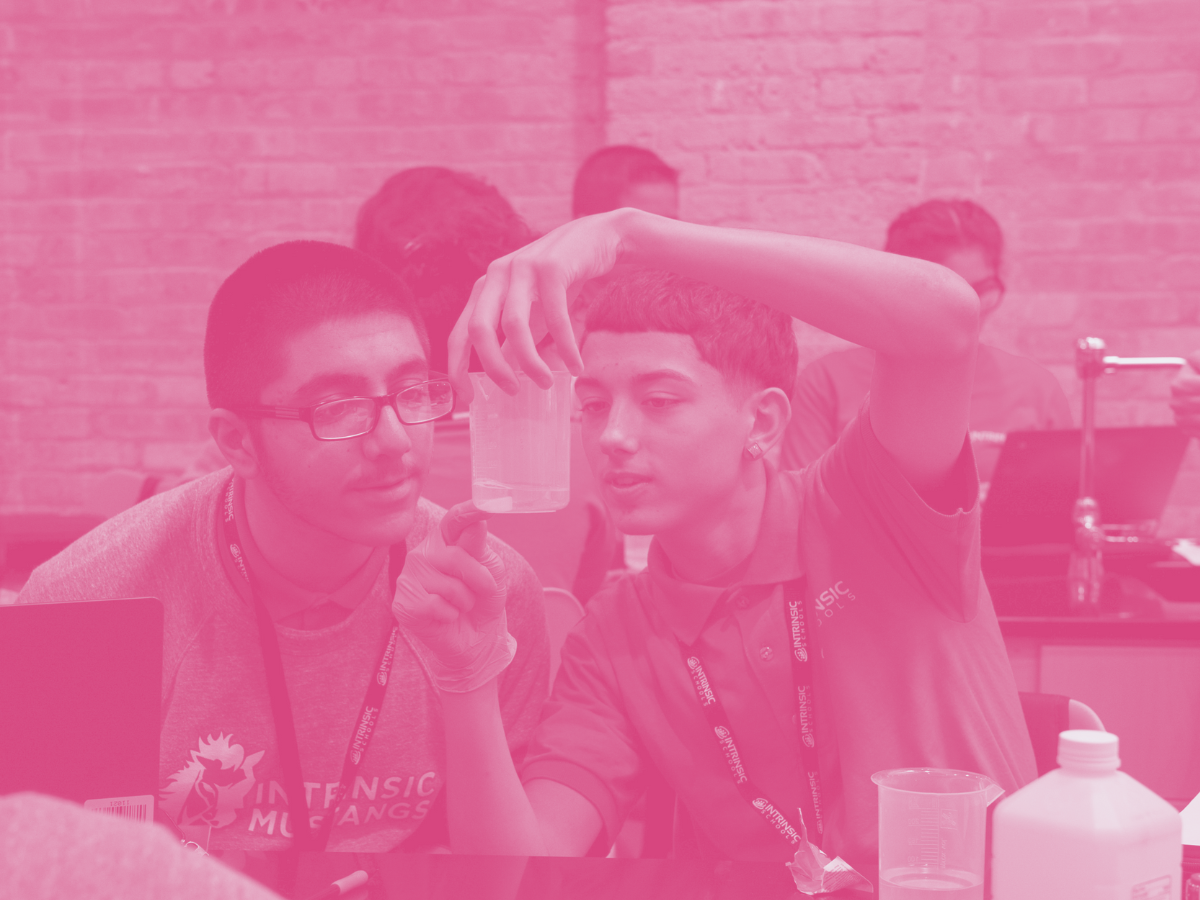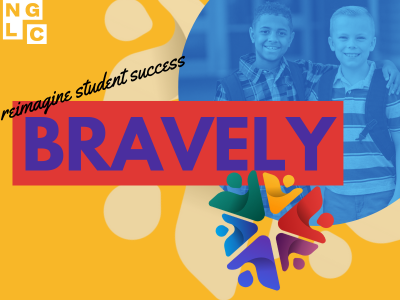Building Community
In Chicago and Elsewhere, A “Both-And” Strategy Expands Next Gen Learning
Topics

When educators design and create new schools, and live next gen learning themselves, they take the lead in growing next gen learning across the nation. Other educators don’t simply follow and adopt; next gen learning depends on personal and community agency—the will to own the change, fueled by the desire to learn from and with others. Networks and policy play important roles in enabling grassroots approaches to change.
The new NGLC Regional Fund launches its second pilot city today with Breakthrough Schools: Chicago.
I’m excited. Today, I’ll meet 13 school design teams selected by New Schools for Chicago and The Chicago Public Education Fund as part of Breakthrough Schools: Chicago, part of NGLC’s new Regional Fund. Each of the 13 teams will develop a planning grant proposal for a new or redesigned school model. And, each team will benefit from the expertise and support of the local and national partners. In this first phase, up to six plans for locally designed Chicago schools that are personalized, blended, and competency-based will be funded.
The group of 13 includes both district and charter schools. This inclusive approach is in keeping with the spirit of the investments NGLC has made in breakthrough schools nationally through the Wave IV grant. The mix is also a testament to the local partners’ commitment to collaborate and generate a diverse and high-quality group of schools. You might be thinking… why does that matter?
- The majority of U.S. school-age children are enrolled in traditional district schools. If we want more students to benefit from a next gen learning experience, district schools need to be given the flexibility and opportunity to participate in designing breakthrough schools.
- There are strengths in both school types. Charters tend to be lean, agile and responsive to individual needs. Districts are stable, and often offer a broader range of curricular choices and institutional supports.
- Increasingly the lines differentiating these two types are becoming blurred with more districts operating charters, courting nationally branded school designs, and seeking out technology tools to afford greater personalization. At the same time, individual charters find stability in loosely and/or strongly affiliated networks where they can access specific district-like benefits (e.g., economies of scale, access to systems infrastructure).
I believe this to be an opportune moment.
- Charter schools were designed to bring in some meaningful competition, innovation, and efficiency. It may be time to harness some of the learning about the flexibilities and responsiveness used by some charters that have had success in meeting individual student needs.
- As for district schools, the community school remains a public good. There is still a lot to be said for the role schools play in the community fabric (communities own schools, not teachers or state policymakers). A school’s role certainly includes academic preparation, and it includes safety, health, and preparation for life, citizenship, work, and a host of mundane day-to-day activities that sometimes are intangible in the making of an adult (not measured by any test). There is a value beyond algebra to students and families and that value is in the fabric of school… in librarians, after-school and outside-of-school programming, extra-curricular activities, and enrichment. Ironically, these also are the things that fundamentally assist students to achieve at high levels (because they provide context and dot-connecting capacity).
We have a lot to learn from each other and we can take what we’ve learned and do better. NGLC grants generally, and the Regional Fund specifically, provides a wonderful opportunity to make the most of these district and charter models and marry what until now may have seemed like disparate or conflicting interests. But really, from the child’s perspective, it’s one system, and they move in and out of it, not always of their own choosing. It’s our job to make that system work well for them.




